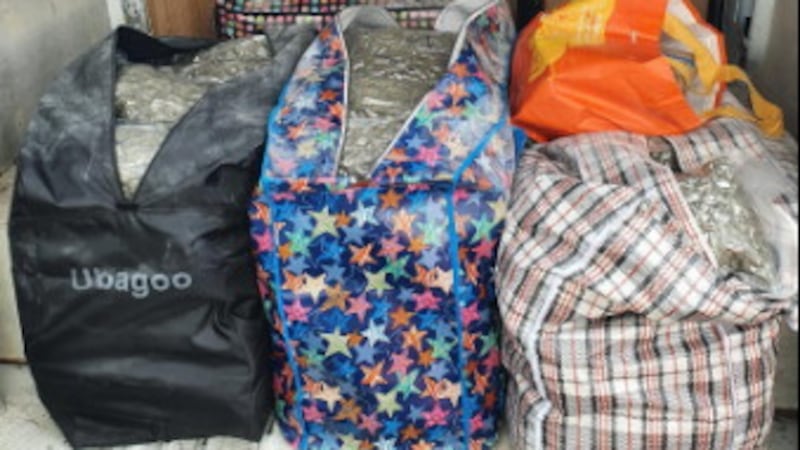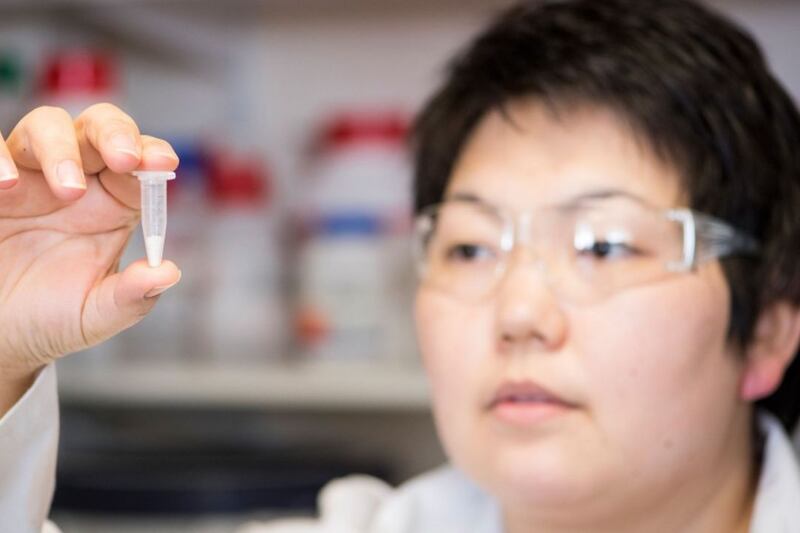Scientists have developed a technique to deliver vital medicines around the world easier, cheaper and safer – by encasing them in silica.
Vaccines have to be kept refrigerated for storage and transportation in a so-called “cold chain” and breaks in the chain are a serious global public health issue, particularly for mass childhood vaccination programmes in the developing world.
Breaks in cold chain storage result in the loss of millions of doses of vaccines each year.
But a University of Bath team, working with colleagues at the University of Newcastle, have created a technique which can keep proteins intact at high temperatures up to 100C, by encasing them in silica cages. Silica, which sand is made from, is non-toxic and inert.
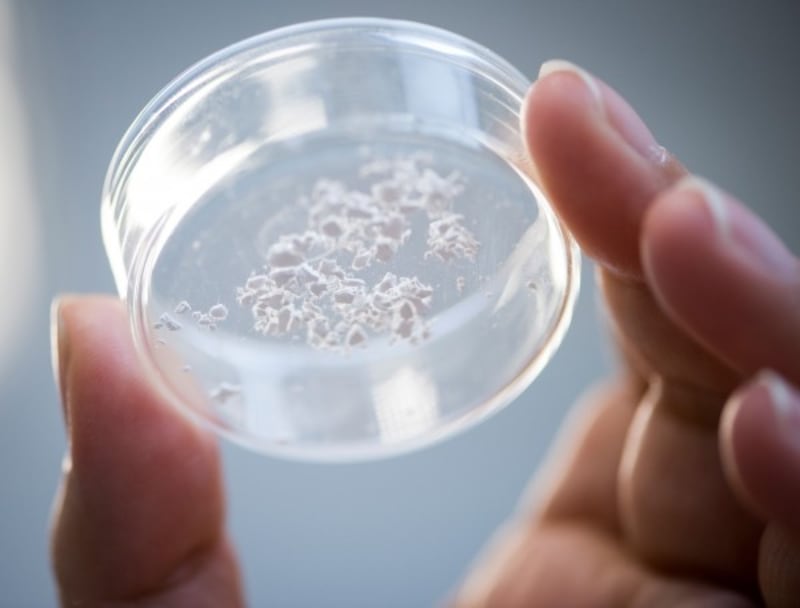
Once the protein has been encased in silica it can be stored or transported without refrigeration before the silica coat can be removed chemically, leaving the proteins unaffected.
The discovery means that vaccines and other important medicines could be transported much more easily, cheaply and safely, especially to remote areas or places lacking infrastructure where the need is often greatest.
The teams call their method ensilication and hope it will solve the costly and often impractical need for a cold chain to protect protein-based products including vaccines, antibodies and enzymes.
Project leader Dr Asel Sartbaeva, from the University of Bath, said: “Once the proteins in a vaccine break down and tangle up, it’s useless. You can think of it like an egg that’s been boiled – it can’t be unboiled.
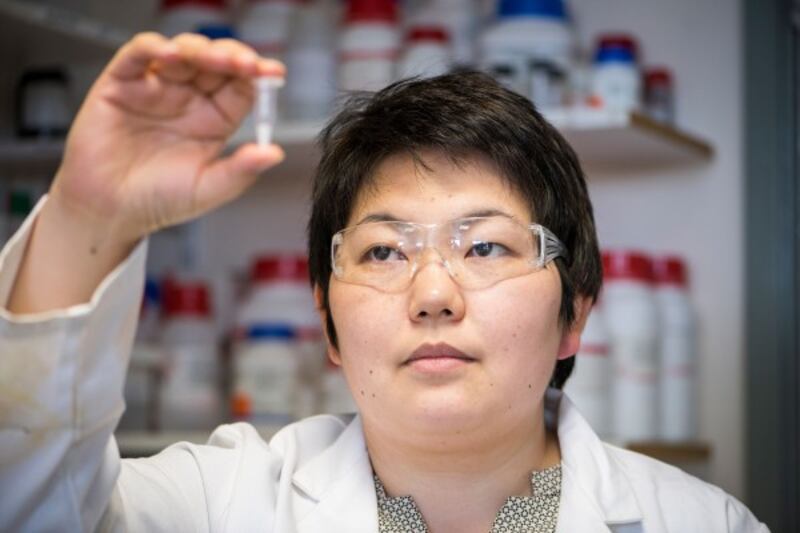
“So the ability to store and transport proteins at room temperatures or even hotter would remove a major logistical problem for safely delivering vaccines and other medicines to patients around the world.
“We have demonstrated with ensilication that we can simply and reliably keep proteins from breaking down even at up to 100C, or store them as a powder for up to three years at room temperature without loss of function.
“We’re very excited by the potential applications of ensilication and our next steps will be to test our findings on more vaccines, antibodies, antiviral and anti-venom drugs and other biopharmaceuticals.”
When a protein in solution is mixed with silica, silicon dioxide binds closely around protein to match its shape and quickly builds up many layers, encasing the protein.
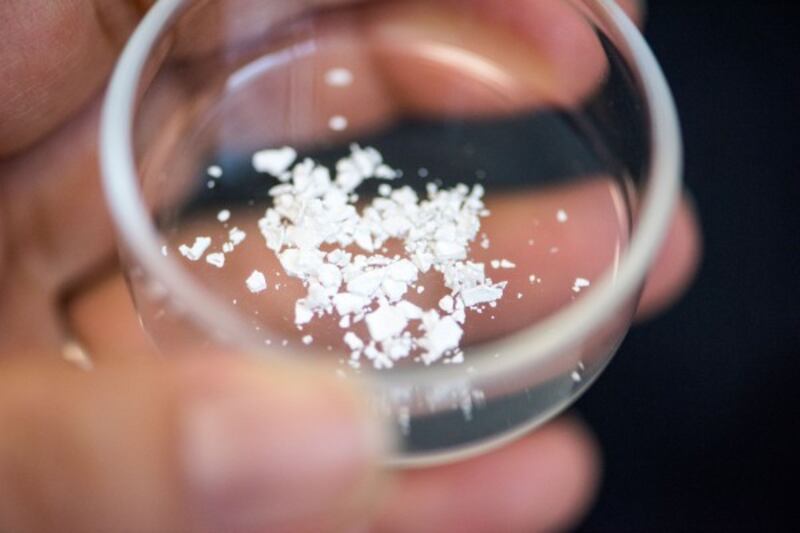
A major advantage of this method is that unlike similar techniques it doesn’t require freeze-drying, something that around half of all vaccines will not survive intact.
A powder of ensilicated proteins results, and the silica cage enveloping the protein means it can be heated to 100C or stored at 22C for at least six months with no loss of function.
The research team tested the method on three proteins; one from a tetanus vaccine, horse haemoglobin and an enzyme from egg white.
The study is published in the journal Scientific Reports.


